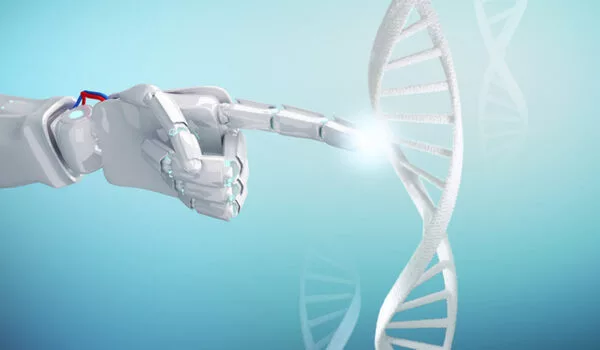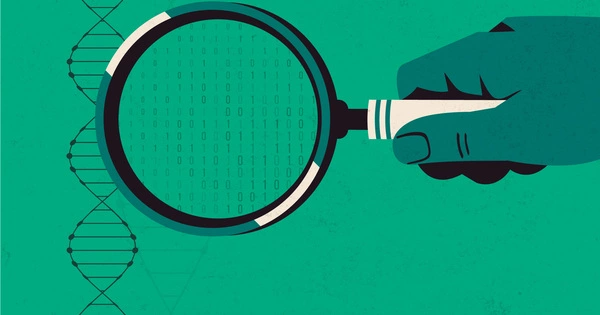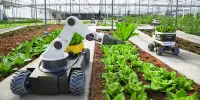AI tools have undoubtedly played an important role in optimizing antibody drug development. Antibodies are an important class of medicines used to treat a variety of diseases such as cancer, autoimmune disorders, and infectious diseases.
Antibody treatments can stimulate the immune system to combat diseases such as Parkinson’s, Alzheimer’s, and colorectal cancer, but they are less effective when they bind with themselves and other molecules that aren’t disease indicators. New machine-learning algorithms developed at the University of Michigan can now identify issue spots in antibodies that cause them to bind non-target molecules.
“We can use the models to pinpoint the positions in antibodies that are causing trouble and change those positions to correct the problem without causing new ones,” said Peter Tessier, the Albert M. Mattocks Professor of Pharmaceutical Sciences at U-M and lead author of the Nature Biomedical Engineering study.
“The models are useful because they can be applied to existing antibodies, brand new antibodies in development, and even antibodies that have yet to be created.”
We can use the models to pinpoint the positions in antibodies that are causing trouble and change those positions to correct the problem without causing new ones. The models are useful because they can be applied to existing antibodies, brand-new antibodies in development, and even antibodies that have yet to be created.
Peter Tessier
Antibodies fight disease by binding to specific molecules on disease-causing agents called antigens, such as the spike protein on the virus that causes COVID-19. When an antibody binds to a hazardous virus or cell, it either directly inactivates it or tells the body’s immune cells to do so.
Unfortunately, antibodies designed to bind specific antigens rapidly and powerfully can also bind non-antigen molecules, removing the antibodies before they can target a disease. These antibodies are also prone to interacting with other antibodies of the same type, resulting in thick solutions that do not easily flow through the needles used to deliver antibody medicines.
“The ideal antibodies should do three things at once: bind tightly to what they’re supposed to, repel each other and ignore other things in the body,” Tessier said.

An antibody that doesn’t check all three boxes is unlikely to become a successful drug, but many clinical-stage antibodies can’t. In their new study, Tessier’s team measured the activity of 80 clinical-stage antibodies in the lab and found that 75% of the antibodies interacted with the wrong molecules, to one another, or both.
Changing the amino acids that comprise an antibody, and in turn the antibody’s 3D structure, could prevent antibodies from misbehaving because an antibody’s structure determines what it can bind. But, some changes could cause more problems than they fix, and the average antibody has hundreds of different amino acid positions that could be changed.
“Exploring all the changes for a single antibody takes about two workdays with our models, which is significantly shorter than experimentally measuring each modified antibody — which would take months at best,” said Emily Makowski, the study’s first author and a recent Ph.D. graduate in pharmaceutical sciences.
The algorithms developed by the team, which were trained on experimental data from clinical-stage antibodies, can determine how to alter antibodies so that they check all three boxes with 78% to 88% accuracy. This reduces the number of antibody modifications that chemical and biological engineers must produce and evaluate in the lab.
“Machine learning is critical for accelerating drug development,” said Tiexin Wang, a chemical engineering PhD student and research co-author. Machine learning is already being recognized by biotech companies as having the ability to optimize the next generation of therapeutic antibodies.
“Some companies have developed antibodies that they are really excited about because they have a desired biological activity, but they know they are going to run into problems when they try to use these antibodies as drugs,” Tessier explained. “This is where we come in and show them the specific spots in their antibodies that need to be fixed, and we are already assisting some companies in doing so.”
















